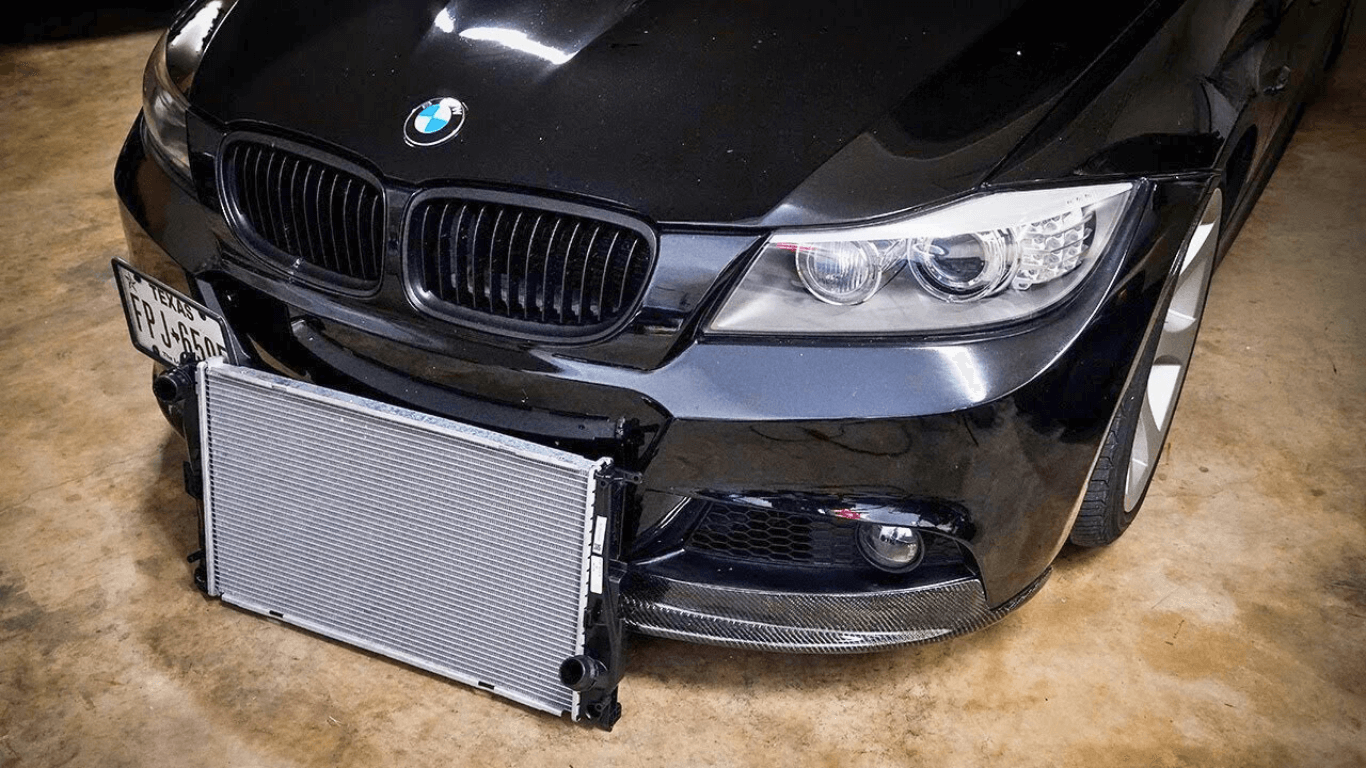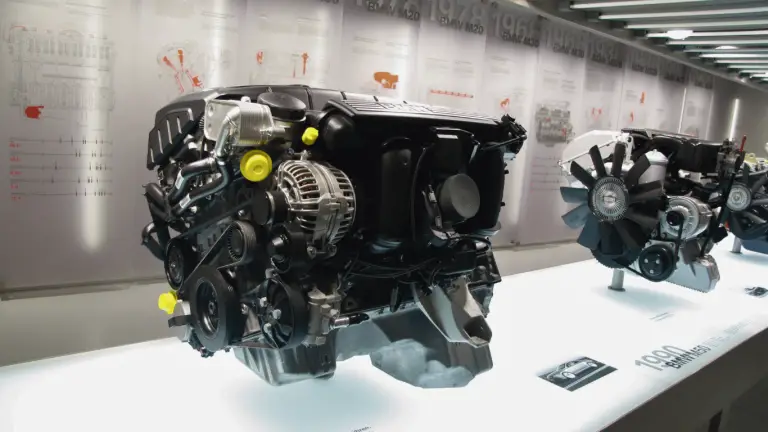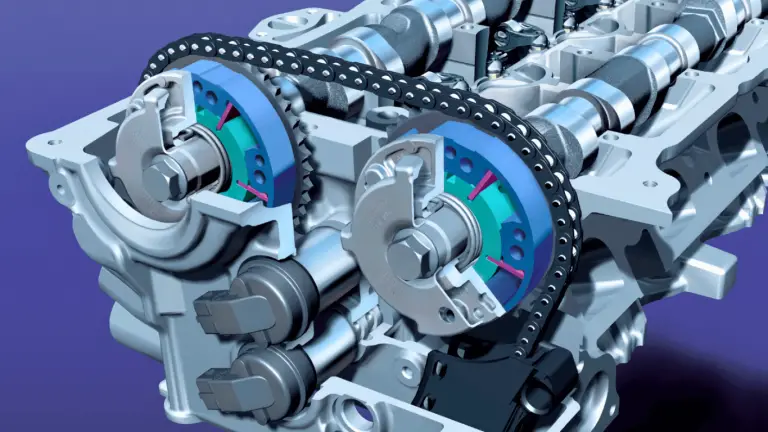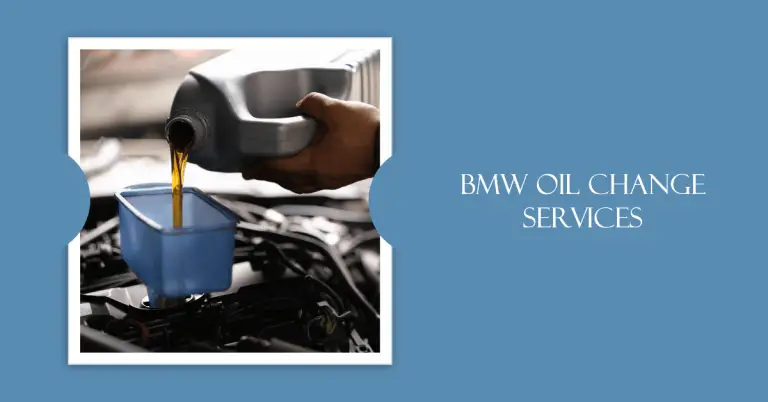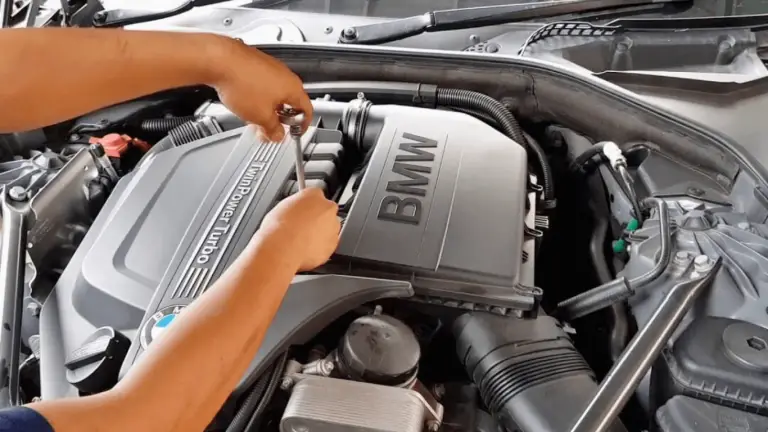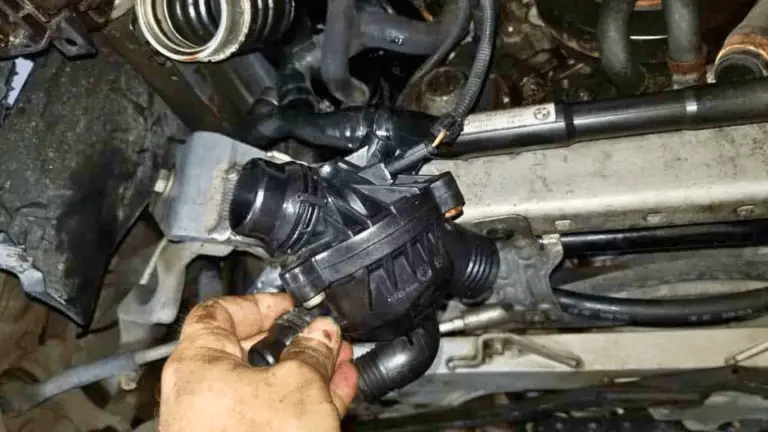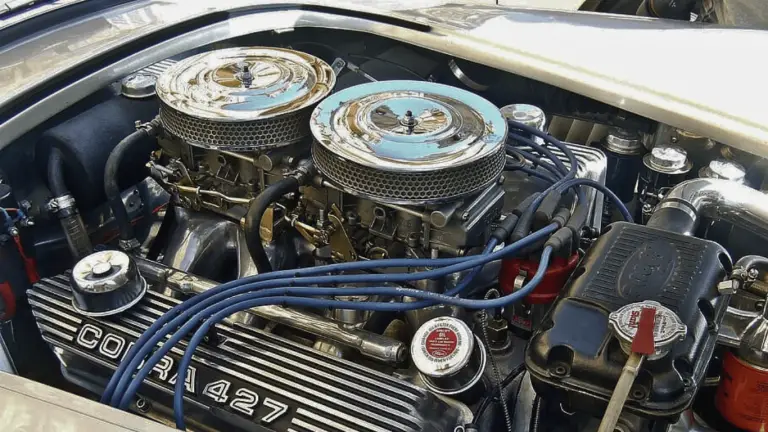BMW Radiator Replacement Cost: What You Need to Know
Finding out your BMW needs a new radiator can put a damper on your day. But understanding the average radiator replacement cost can help you prepare both logistically and financially. So how much does it actually cost to replace the radiator on a BMW? The total radiator replacement cost ranges from $600 to over $1000 on average for parts and professional labor. But the final amount depends on your specific BMW model, whether you DIY or go to a shop, and steps you take to maintain your cooling system.
In this detailed guide, we’ll cover everything BMW owners need to know about this common repair, including:
- Why BMW radiators eventually fail and need replacement
- The average parts and labor costs for different BMW models
- If DIY radiator replacement can save money vs using a shop
- Tips to prevent expensive BMW radiator issues through maintenance
- Other key factors that impact the total radiator replacement cost
Arm yourself with the information in this guide so you can budget accordingly and make the best decision for your BMW if its radiator starts to go. Let’s start by understanding why a radiator replacement becomes necessary in the first place.
Why Does a BMW Radiator Eventually Need Replacement?
The radiator is the heart of your BMW’s cooling system, responsible for preventing engine overheating. It’s a heat exchanger that cools hot coolant coming from the engine before pumping it back through. But this constant heat cycling, along with corrosion from old coolant, takes a toll over time.
Most BMW radiators will need replacement between 80,000 and 120,000 miles. There are a few reasons for this lifespan:
- Coolant breaks down naturally. The anti-corrosion additives in coolant degrade over time and use, usually after about 5 years or 60,000 miles. As additives deplete, corrosive particles build up that damage radiator components. Replacing coolant on schedule is important.
- Mineral deposits accumulate. Calcium, rust, and other mineral deposits gradually form inside the radiator from water and corrosion. These deposits impede coolant flow and act like an insulating layer that reduces cooling efficiency.
- Plastic end tanks weaken. Many BMW radiators have plastic end tanks that eventually become brittle and prone to cracking from heat stress. Once the end tanks leak, the radiator must be replaced.
- Aluminum cores erode. Over about a decade of heating and cooling cycles, the aluminum cores of radiators steadily erode from internal corrosion. Tiny holes develop that cause leaks.
With higher mileage BMWs, one or more of these factors will eventually cause radiator failure. Signs your radiator needs replacement include:
- Overheating: If your BMW starts running hotter than normal, the radiator may be clogged.
- Visible leaks: External leaks around the radiator seams indicate internal corrosion and the need for replacement.
- Coolant odor: The sweet, syrupy smell of coolant from your BMW vents is a telltale sign of an internal radiator leak.
Catching radiator problems early expands your repair options. But once it’s totally failed, there’s no choice but to replace it.
How Much Does It Cost to Replace a BMW Radiator?
Now for the big question – how much should you expect to pay for parts and labor when you need to replace the radiator on your BMW?
The total radiator replacement cost averages between $600 to over $1,000 when going to a professional BMW mechanic. Here’s a breakdown of what’s included:
- Parts – $300 to $800 for a new BMW radiator. Prices range based on model, engine, and whether you use OEM or aftermarket parts. We’ll explore what impacts the parts cost more later.
- Labor – $100 to $150 per hour, with radiator replacement taking 2-3 hours for most BMW models. So you’re looking at $200 to $450 in labor, depending on shop rates.
- Miscellaneous supplies like new coolant, seals, and clamps will add another $100 or more.
You can request a more precise estimate from your local BMW specialist for your model’s specific parts and projected labor. But in general, budgeting $600 to $1,000 covers a full radiator replacement at an auto shop. Doing it yourself can reduce the labor fees, but we’ll get to that next.
Does the Radiator Replacement Cost Vary by BMW Model?
The make and model of your BMW is one factor that influences the total radiator replacement cost. Why? Because parts prices vary for different BMW vehicles based on:
- Engine size – More powerful engines require larger, more robust radiators that naturally cost more. A 325i radiator is cheaper than an M3 radiator.
- Age and generation – Newer BMW generations tend to have more expensive radiators. For example, the E90 3 Series radiator costs more than the E36 or E46 3 Series parts.
- SUVs vs sedans – BMW SUVs like the X3, X5 and X7 have more expensive radiators than 3 and 5 Series sedans. Their greater size, cooling demands, and low front-end placement all increase costs.
To give you an idea of the parts cost differences, here are some sample new BMW radiator prices by model:
- E36/E46 3 Series – $350 to $550
- E90/E92 3 Series – $500 to $700
- 5 Series sedans – $600 to $800
- M3 high-performance – $700 to $1,000+
- X3, X5, X7 SUVs – $800 to $1,200
The takeaway is that for older, lower-end 3 Series sedans you may spend $500 to $600 total for radiator replacement at a shop. But for newer M models or SUVs, you could easily breach $1,000 in parts and labor costs.
Know your BMW generation and engine to better gauge potential radiator replacement costs. Next let’s look at saving money through DIY repair.
Can I Save Money by Doing a BMW Radiator Replacement Myself?
With repair bills for BMW radiator replacement being so high at auto shops, is it worth trying to swap it yourself? That depends on your mechanical ability and confidence working on your car.
The benefits of DIY BMW radiator replacement are:
- Avoid $200 to $450 in labor fees to save significant money
- Gain satisfaction from improving your car with your own hands
- Take as long as you need without shop time pressures
The downsides to attempting it on your own are:
- Physical difficulty replacing the radiator and hoses
- Risk of not draining all coolant properly and causing a spill
- Special tools often required for tight spaces
- Potential to damage components if instructions aren’t followed
Radiator DIY is possible for moderately skilled home mechanics, but has some hurdles to clear. You still need to buy a new replacement radiator at $300 to $800. But avoiding labor can save over $400 in repair costs.
Evaluate your DIY comfort level. Paying a professional may be worthwhile to avoid radiator replacement headaches. But if your budget is tight, self-repair can be an option.
How Can I Avoid Expensive BMW Radiator Replacements Through Maintenance?
The best way to avoid the headache and cost of premature radiator failure is preventive maintenance. Follow these best practices to maximize the lifespan of your BMW’s radiator:
Use high-quality coolant and change it regularly:
- Use OEM BMW blue coolant, not generic green coolant
- Change coolant every 3-5 years or 50,000 miles
- New coolant prevents corrosion from old fluid breakdown
Radiator flush services:
- A radiator flush at 30k intervals removes old coolant and mineral deposits
- Flushes improve coolant flow and reduce chances of overheating
- BMW dealers recommend a brake fluid flush at 2-year intervals as well
Promptly fix minor leaks:
- Don’t delay repairs for small leaks from hoses, gaskets or fittings
- Left unchecked, minor leaks cause bigger failures
- Use BMW-approved sealants on minor seepage
Avoid radiator damage from road debris:
- Install a front grille guard to deflect stones from hitting the radiator
- Bent radiator fins reduce cooling so straighten any you find
- Address front-end collision damage immediately to prevent problems
An ounce of prevention through proper maintenance saves you from paying for expensive radiator pound of cure down the road. Use these tips to maximize the lifespan of your BMW’s cooling system.
What Else Impacts the Total Radiator Replacement Cost?
Aside from the BMW model, doing it yourself vs using a shop, and maintenance, there are a few other variables to be aware of that affect the total radiator replacement cost:
OEM, used, or aftermarket radiator:
- OEM BMW radiators are priciest but have the highest quality
- Used radiators from junkyards are cheap but have uncertain longevity
- Aftermarket radiators have cheaper prices but less stringent quality control
Location and shop rates:
- Labor rates per hour vary by city and shop size
- Dealerships and specialized shops can charge more
- Independent mechanic rates are usually most affordable
Add-ons like coolant flush:
- Many mechanics recommend a coolant system flush when replacing the radiator
- Additional services add to the total cost but may be advisable
Repairs if issues found:
- Once the old radiator is removed, additional leaks or damage may be uncovered
- Any necessary repairs or replacements add to the final bill
Understanding all the contributing cost factors allows you to plan your budget and make informed decisions if your BMW radiator needs replacement.
Key Takeaways on BMW Radiator Replacement Cost
Having to replace your radiator is never good news, but hopefully you now have a clearer picture of this common BMW repair cost. Here are some key tips to remember:
- For most BMW models, expect to pay $600 to $1,000+ for a full radiator replacement at a shop including parts and labor. Higher-end models are more expensive.
- Doing the radiator replacement yourself has potential to save on labor fees, but requires mechanical skill and tools.
- Preventive maintenance like regular coolant changes maximizes radiator lifespan and avoids premature failures.
- OEM vs aftermarket parts, shop rates, and any uncovered repairs also factor into the total radiator replacement cost.
Armed with this guide’s insights, you can make informed service decisions and budget properly if faced with replacing your BMW’s radiator. With some preventive care, you may be able to avoid this common but pricey repair entirely.

